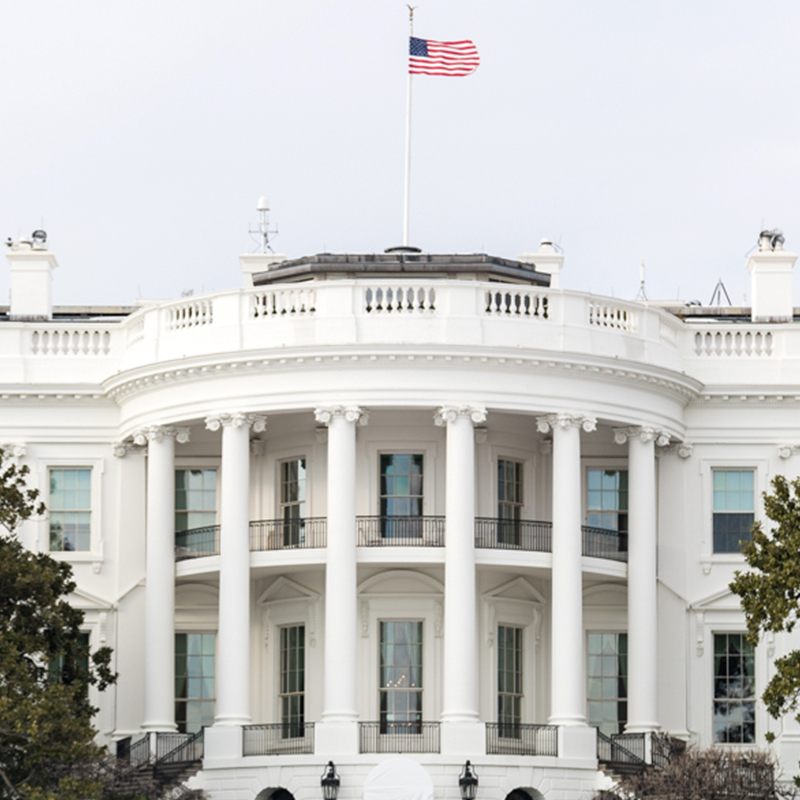US Pushes Ahead With Tariff Threat Over UK Digital Tax

US Trade Representative says country will continue developing tariff measures against UK and other countries in retaliation for digital services taxes
The US Trade Representative has said the administration could push forward with tariffs against countries, including the UK, which have implemented digital services taxes.
“We will maintain our options under the Section 301 process, including, if necessary, the imposition of tariffs,” said USTR Katherine Tai in a statement.
She said the country is continuing to work on potential duties against Austria, India, Italy, Spain, Turkey and the UK in retaliation for their digital services taxes.
Tai said her office would move ahead with public notices and collecting public comments as it proceeds with the process of instituting tariffs.

Tax fight
The process continues an investigation into a number of countries’ digital services taxes instituted under the previous administration by former USTR Robert Lighthizer.
Tai’s official remarks on the matter were amongst the first she has made since taking office earlier this month.
They indicate the US is not backing down from a potential fight over digital services taxes, even as the current administration has indicated a renewed commitment to reaching an international consensus over the issue.
The low taxes paid by multinational tech giants, usually based in the US, have become a hot-button issue in recent years, both within the US and elsewhere.
In the face of the lack of an international consensus, a number of countries have brought in temporary measures of their own, including the UK, whose measures are broadly similar to those in place in Austria, France, Italy and Spain.
Consensus
The US is also maintaining a more developed tariff threat against $1.3 billion (£1bn) in French imports such as champagne, cosmetics and handbags in retaliation for France’s digital tax.
The USTR investigations have to date found that the digital taxes as implemented discriminate against US companies and do not follow international tax norms.
“The United States remains committed to reaching an international consensus through the OECD process on international tax issues,” Tai said in a statement.
“However, until such a consensus is reached, we will maintain our options under the Section 301 process, including, if necessary, the imposition of tariffs.”
Tai also said the USTR was dropping its probes into digital taxes in Brazil, the Czech Republic, the European Union and Indonesia because those jurisdictions haven’t yet put their proposed tax measures into place.
But the US could restart its probes if those taxes are implemented, she said.
UK digital tax
The UK’s digital tax came into force on 1 April of last year, charging 2 percent on revenues by large businesses that provide a social media service, search engine or online marketplace to UK users.
Like the digital taxes elsewhere, it targets the in-country revenues of tech giants such as Amazon, Facebook and Google.
The UK law specifically contains a provision that it is to be disapplied once an international solution has been reached.
But OECD discussions, which continued through 2020 and through early 2021, have yet to make noticeable headway.
Martin Kreienbaum, chair of the OECD’s Committee on Fiscal Affairs (CFA), reportedly said during deliberations in January that “many countries have an idea of what they would like to do”.
“The difficulty is finding a consensus,” he added.